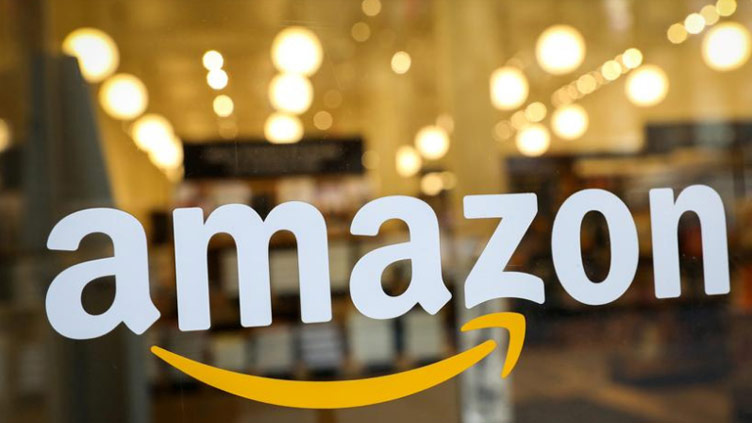Amazon.com to invest over 1 billion euros in European electric van, truck fleet

Technology
The company plans to achieve net-zero carbon by 2040.
LONDON (Reuters) - Amazon.com Inc (AMZN.O) said on Monday it will invest more than 1 billion euros ($974.8 million) over the next five years in electric vans, trucks and low-emission package hubs across Europe, accelerating its drive to achieve net-zero carbon.
The retailer said the investment was also aimed at spurring innovation across the transportation industry and encouraging more public charging infrastructure for electric vehicles (EVs).
The U.S. online retailer said the investment would help its electric van fleet in Europe more than triple from 3,000 vehicles to more than 10,000 by 2025.
The company did not say what percentage of its European last-mile delivery fleet is electric today, but said those 3,000 zero-emission vans delivered over 100 million packages in 2021.
Amazon said it also hopes to purchase more than 1,500 electric heavy goods vehicles - used for "middle-mile" shipments to package hubs - in the coming years.
Although a number of large logistics firms - including package delivery companies United Parcel Service Inc (UPS.N) and FedEx Corp (FDX.N) - have committed to buying large numbers of zero-emission electric vans and trucks, there are still not many available for purchase.
A number of startups are racing to bring electric vans or trucks to market and are facing increasing competition from legacy manufacturers like General Motors Co (GM.N) and Ford Motor Co (F.N).
Amazon’s largest electric van order is for 100,000 vehicles from Rivian Automotive Inc (RIVN.O) through 2025.
The company said that alongside EVs, it will invest in thousands of chargers at facilities across Europe.
The retailer said it will also invest in doubling its European network of "micro-mobility" hubs from more than 20 cities today.
Amazon has used those centrally located hubs to run new delivery methods including electric cargo bikes or on-foot deliveries to cut emissions.
The company plans to achieve net-zero carbon by 2040.

